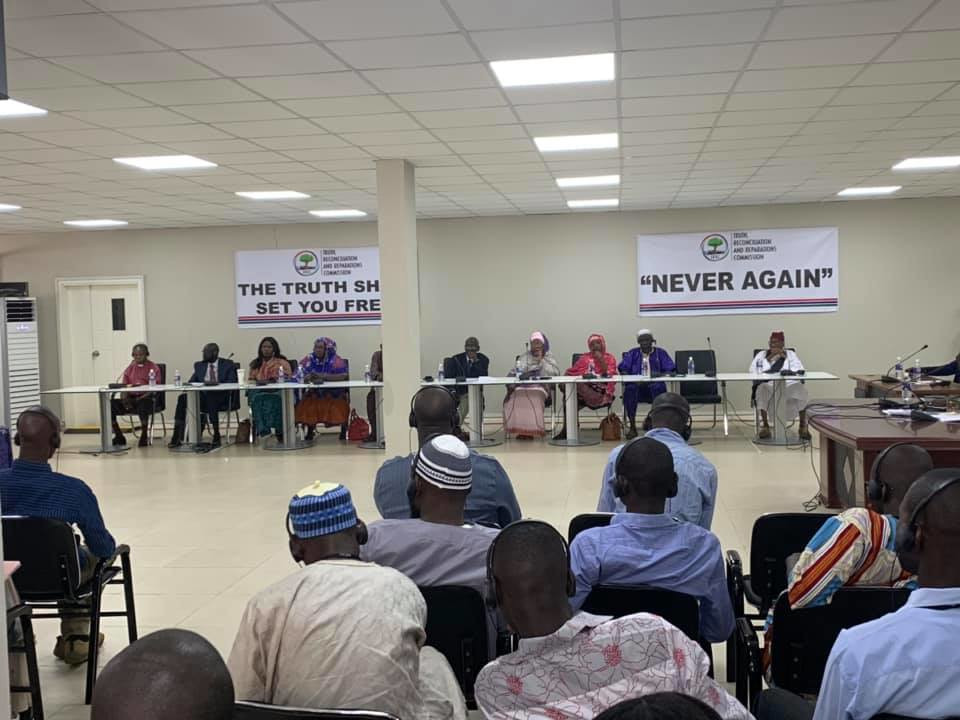
Abdul Aziz Barrow was only eight months old when his father, Lieutenant Basiru Barrow of the Gambia Army, was murdered after the 1994 coup that brought Yahya Jammeh to power.
Now a grown man, Abdul Aziz has spent his life without knowing the father he lost that fateful day, and the emotional scars of that loss remain with him.
Though he never knew his father, Abdul Aziz came to understand the brutal details of Lt. Barrow’s death through the work of the Truth, Reconciliation, and Reparations Commission (TRRC), which investigated the atrocities committed by the Jammeh regime. It was through the TRRC that Abdul Aziz learned the chilling truth about how his father was killed by the junta that seized power in the coup.
Despite the revelations of the TRRC, Abdul Aziz believes that the full truth has not been revealed and that many of those responsible for the atrocities under the Jammeh regime are still hiding details to protect themselves.
Now, as the Barrow administration sits on the TRRC’s recommendations for justice and accountability, Abdul Aziz says he has little hope that his family—or other victims of Jammeh’s regime—will ever see justice. His disillusionment deepened after an event in 2021 when President Adama Barrow visited Yahya Jammeh’s family in their home village of Kanilai.
“The way things are going now, based on how the government is taking it, I don’t think they are actually serious about it,”Abdul Aziz says.
“Personally, if the president was truly committed to the process he himself initiated, he would have at least visited the TRRC. But he never did that. Instead, he went all the way to Kanilai to visit Jammeh’s family. What about us, the victims?”
The TRRC, which was established in 2017, uncovered a vast number of human rights violations committed during Yahya Jammeh’s 22-year rule, including extrajudicial killings, disappearances, and torture.
After the commission completed its work in 2021, its findings and recommendations were passed to the Barrow administration, with many hoping that the government would take action to hold perpetrators accountable and provide reparations for the victims. However, to date, little concrete action has been taken.
By Adama Makasuba










Recent Comments